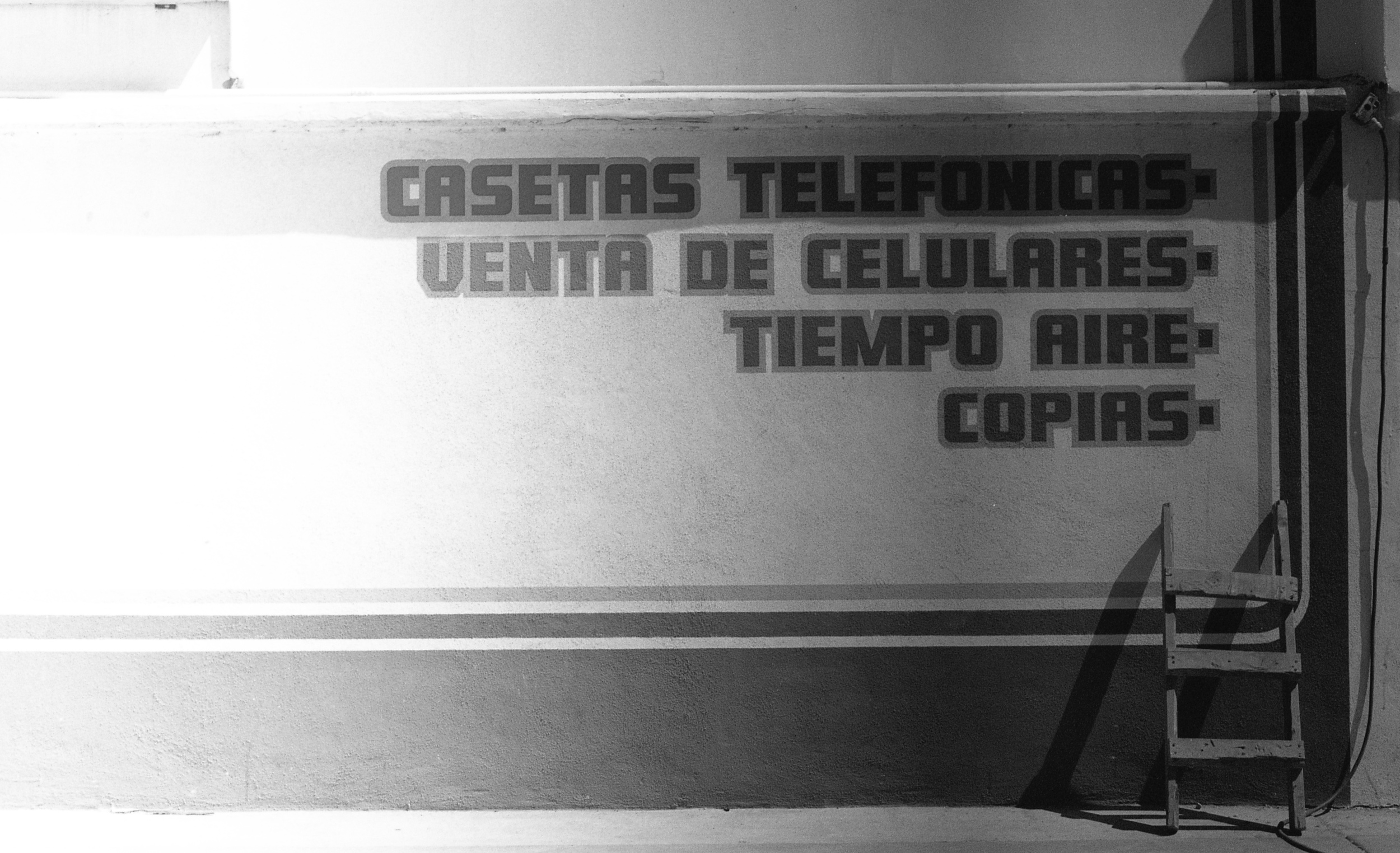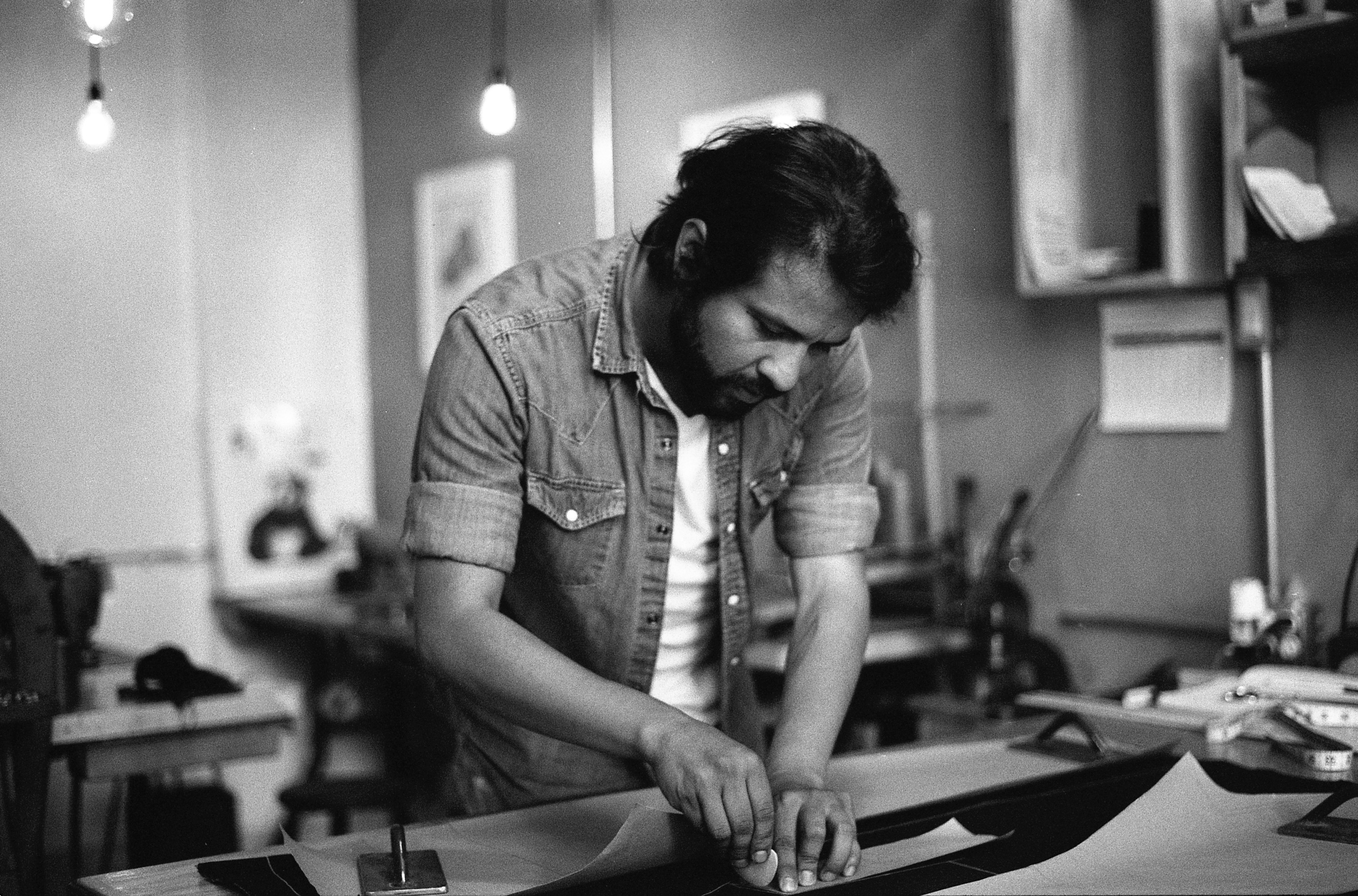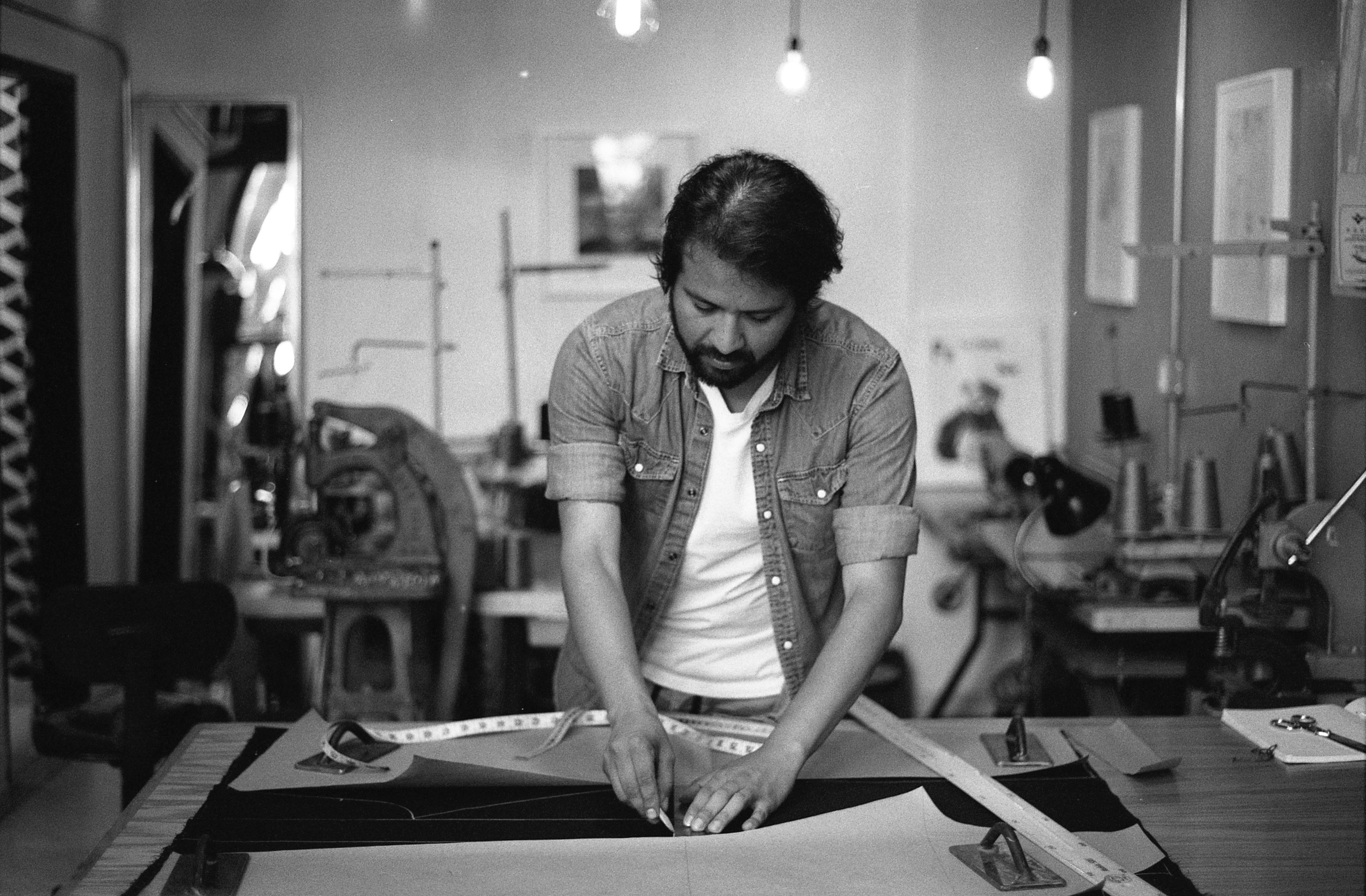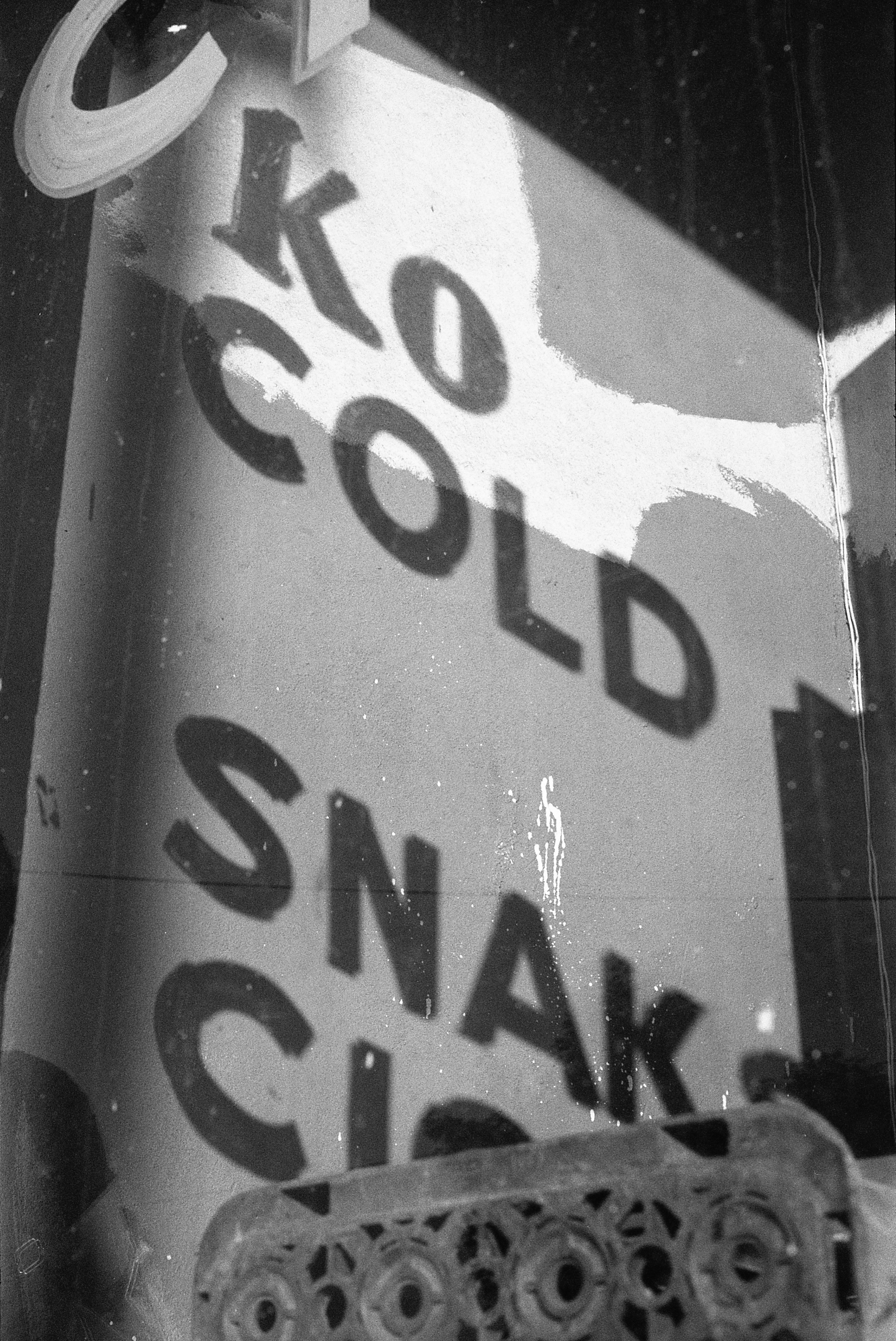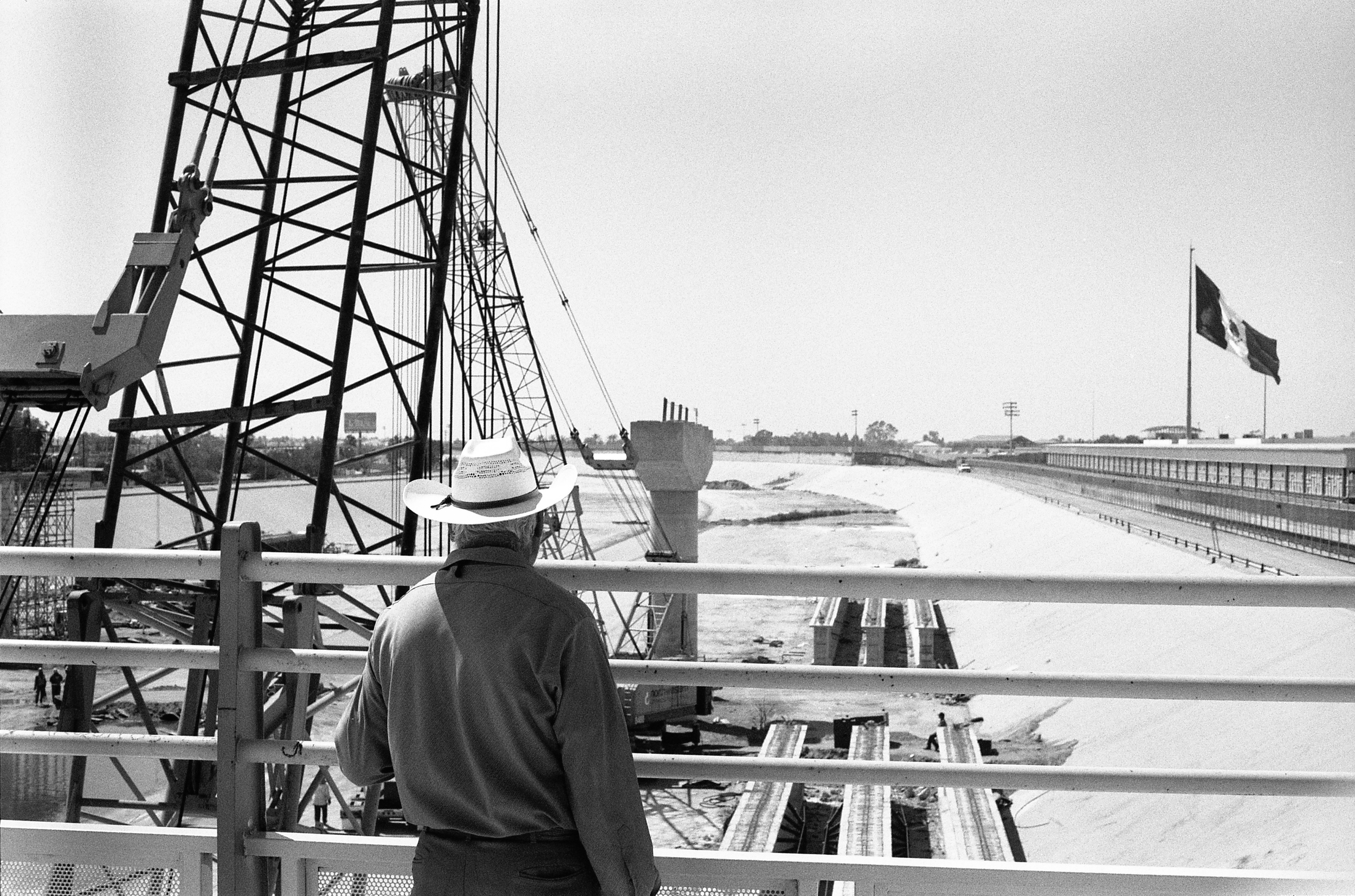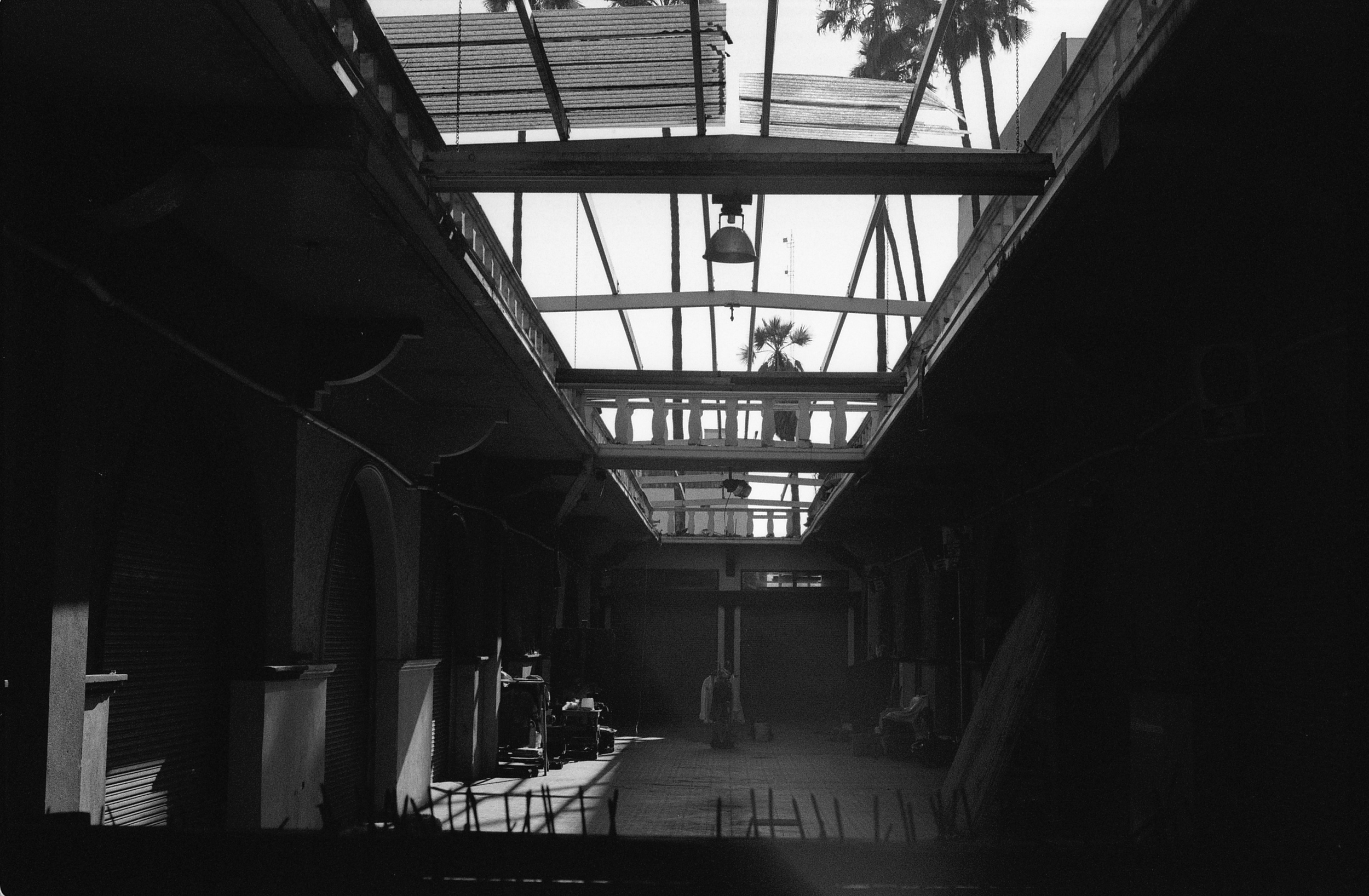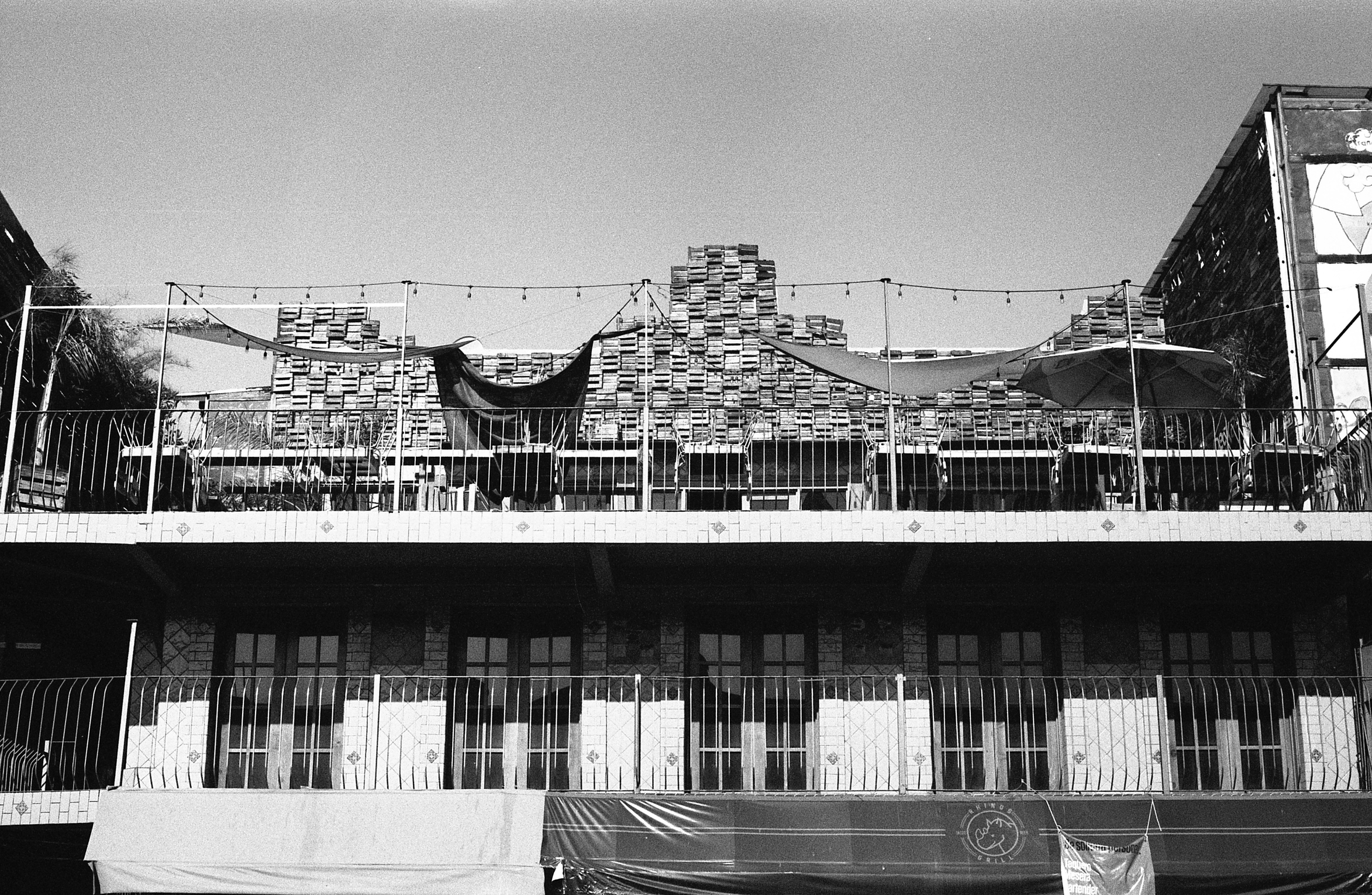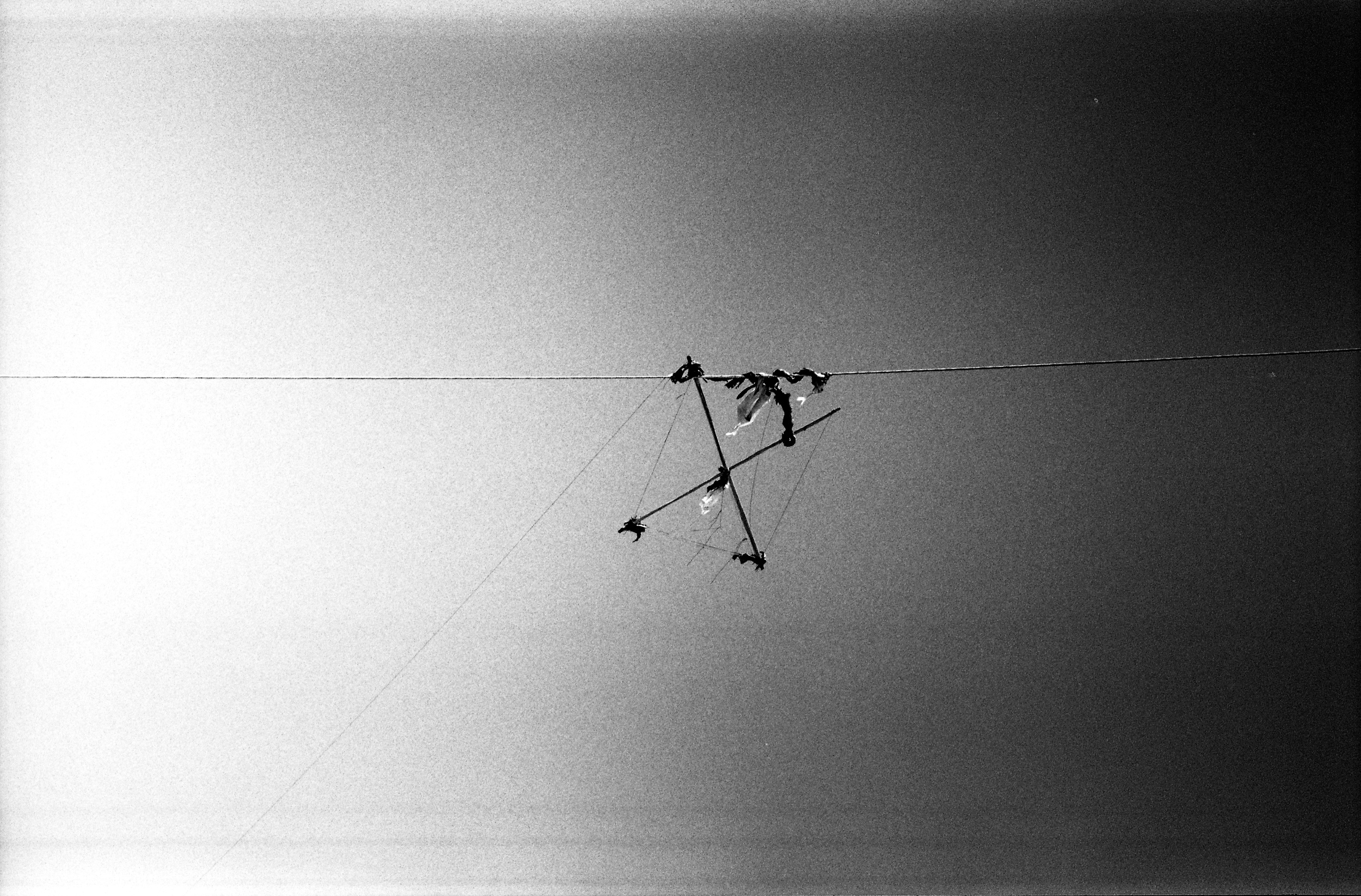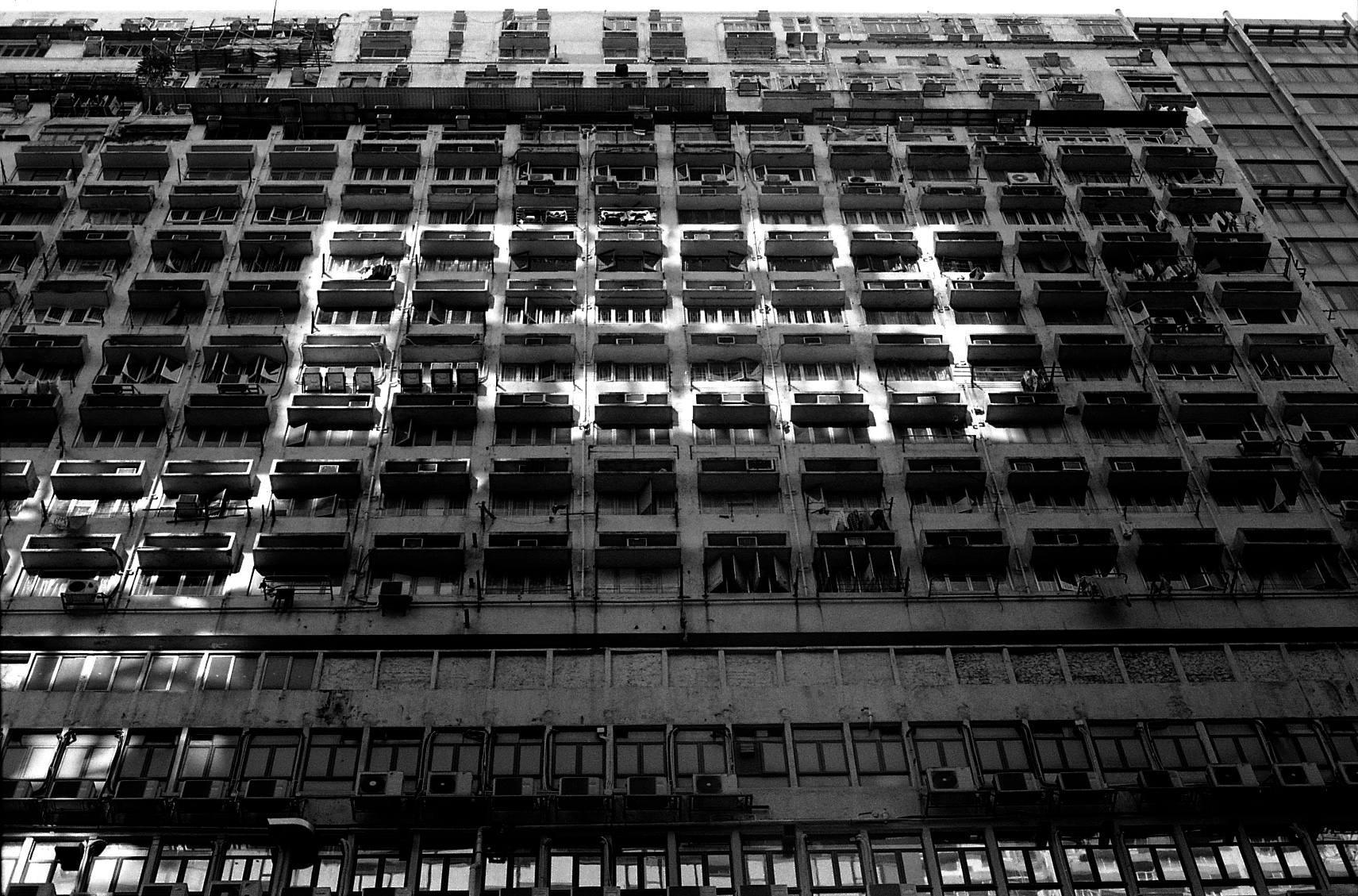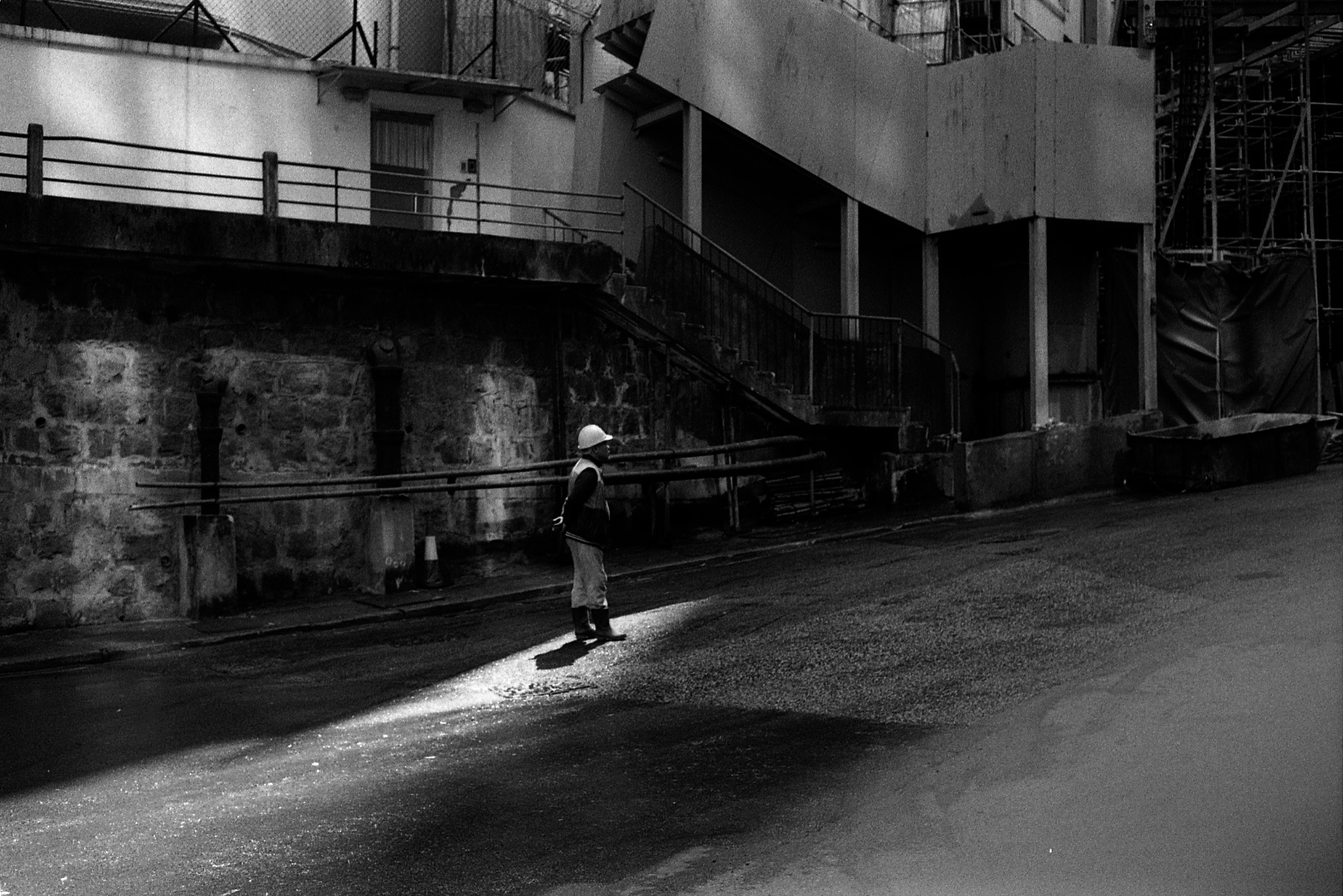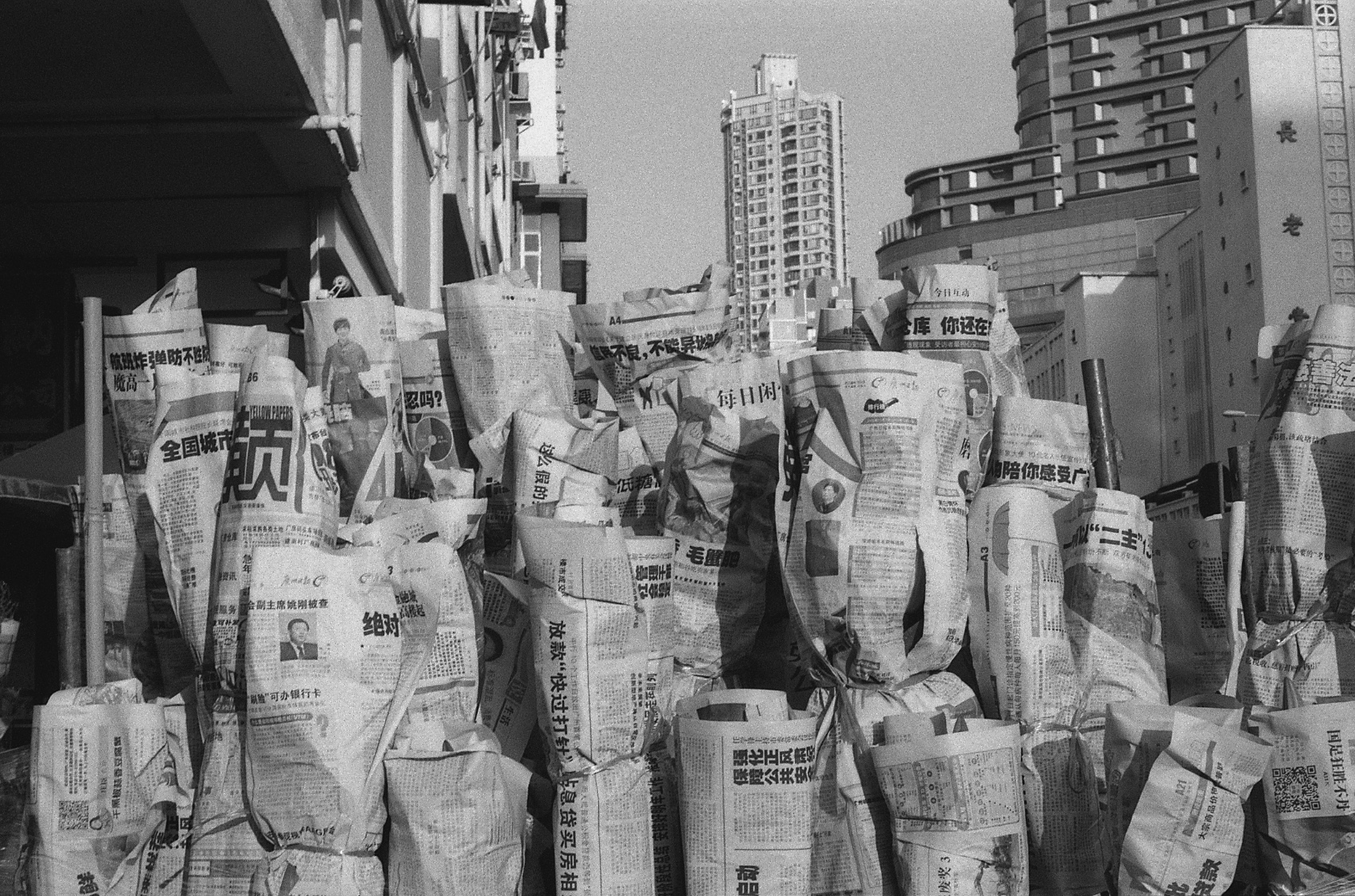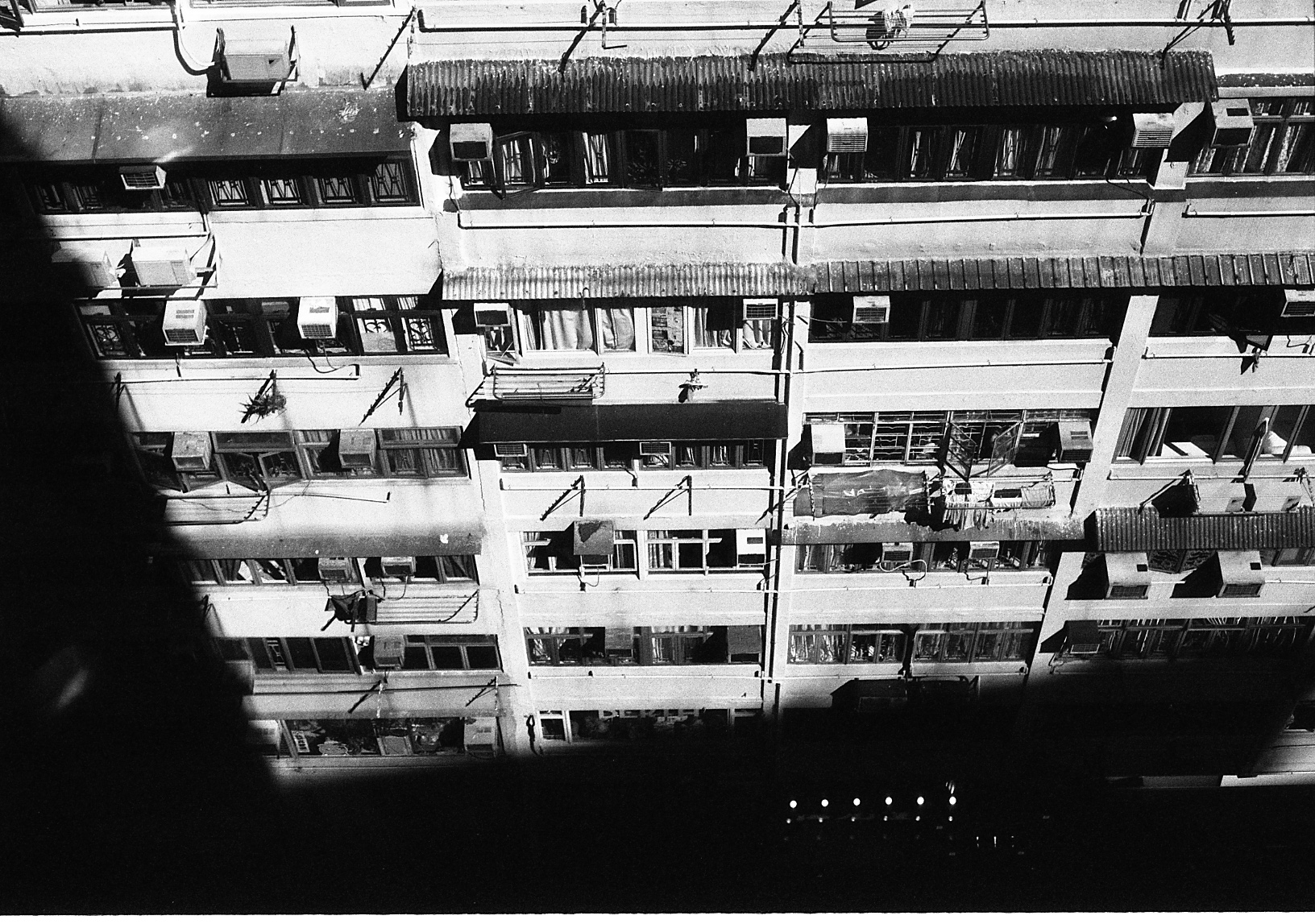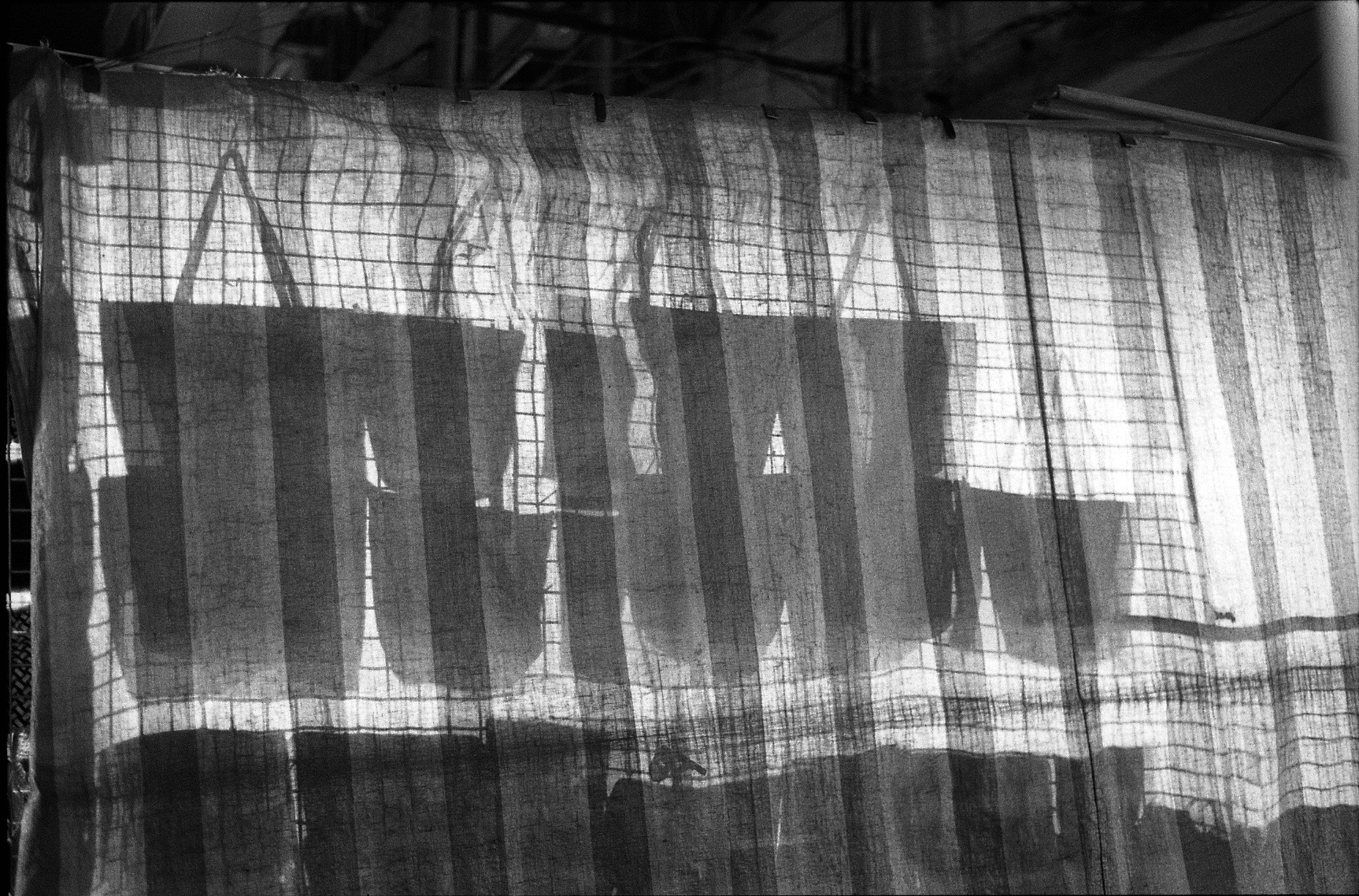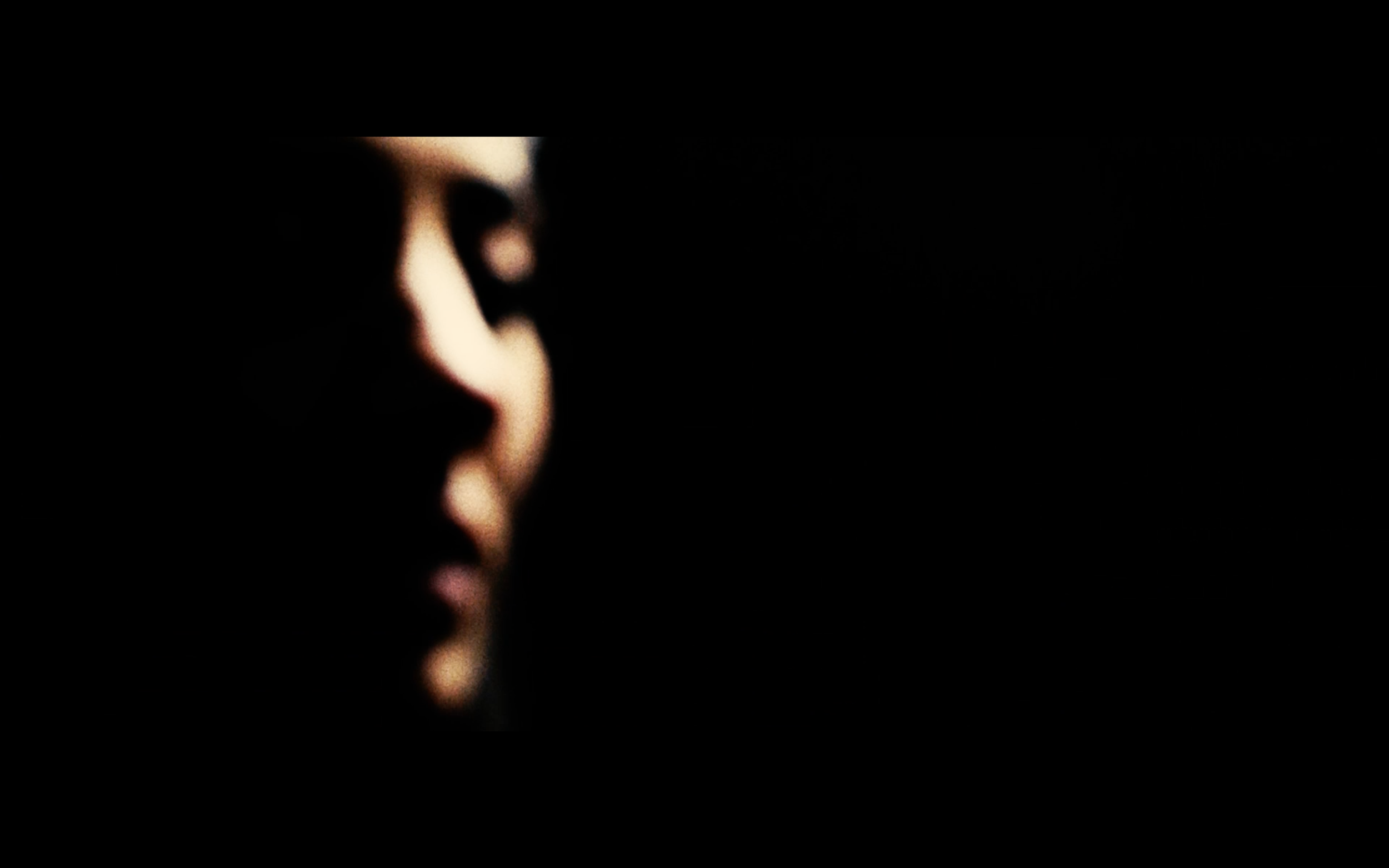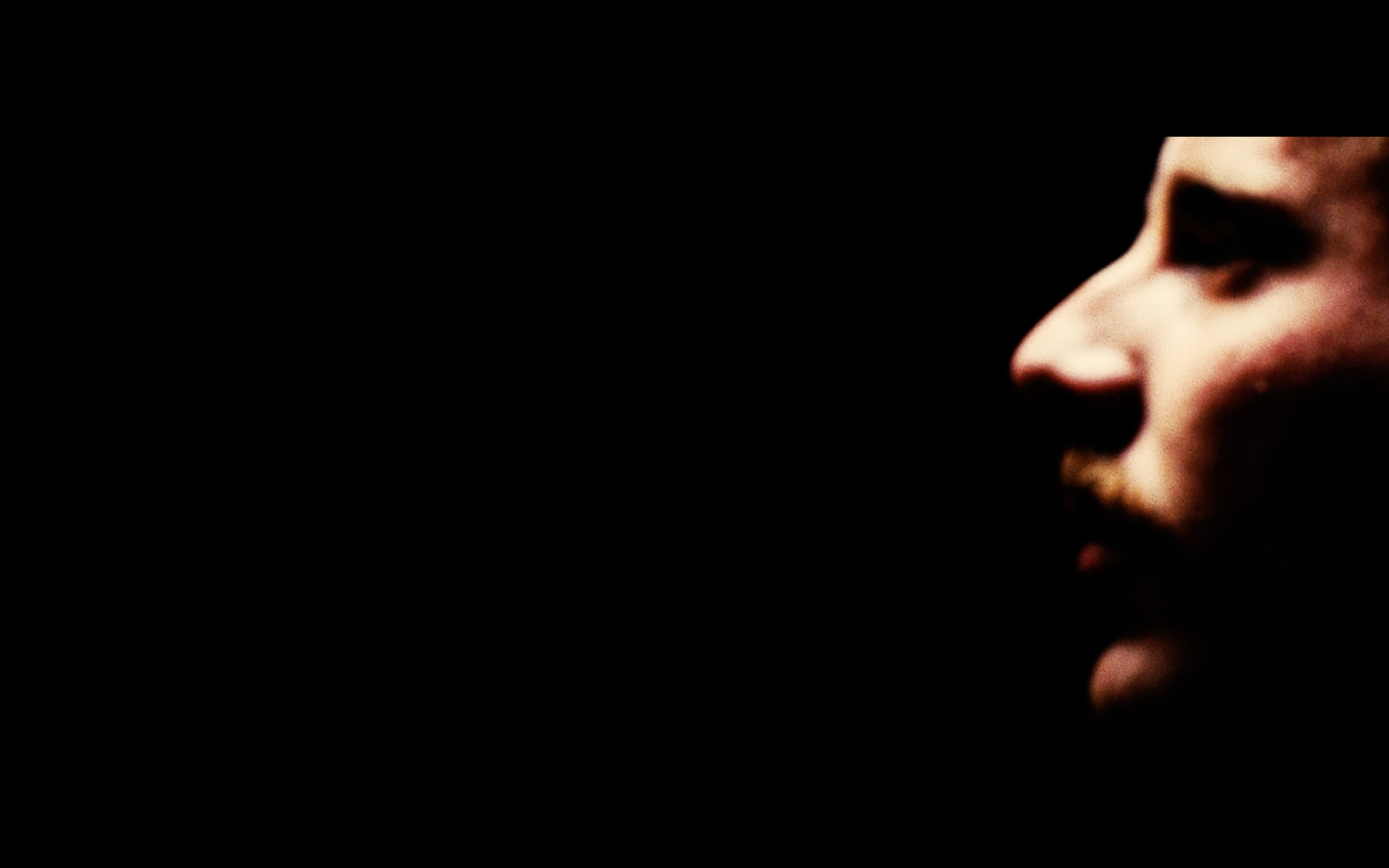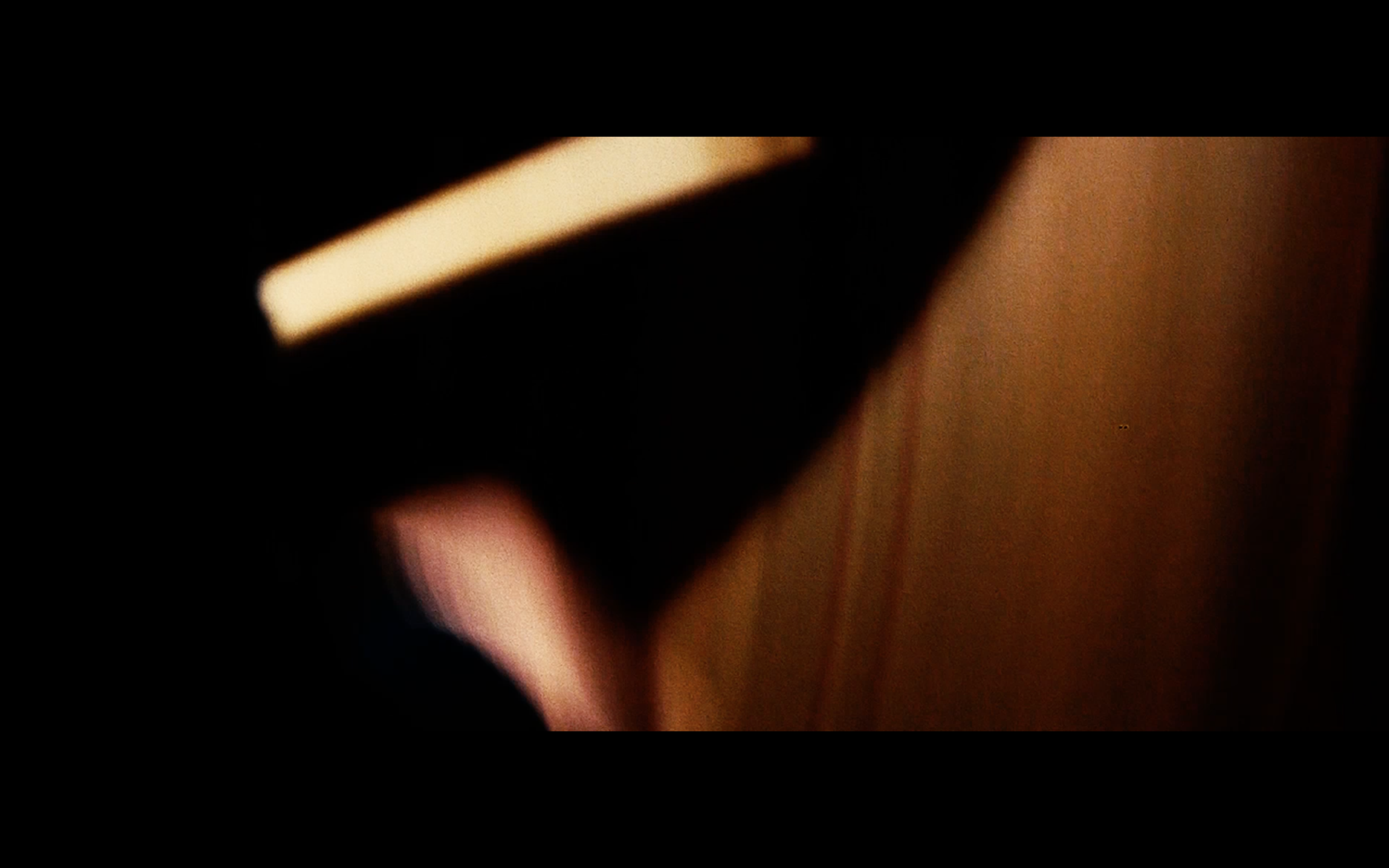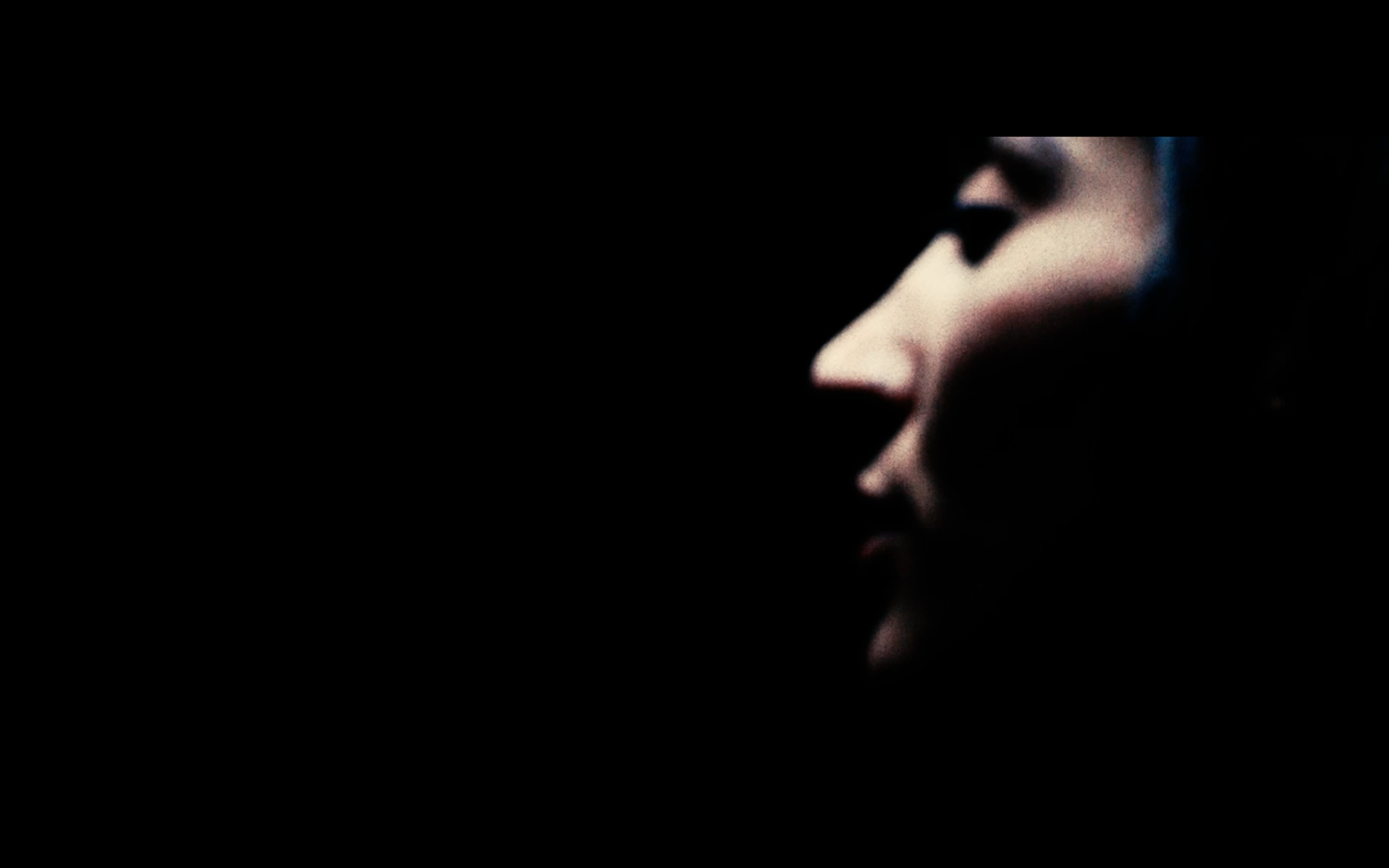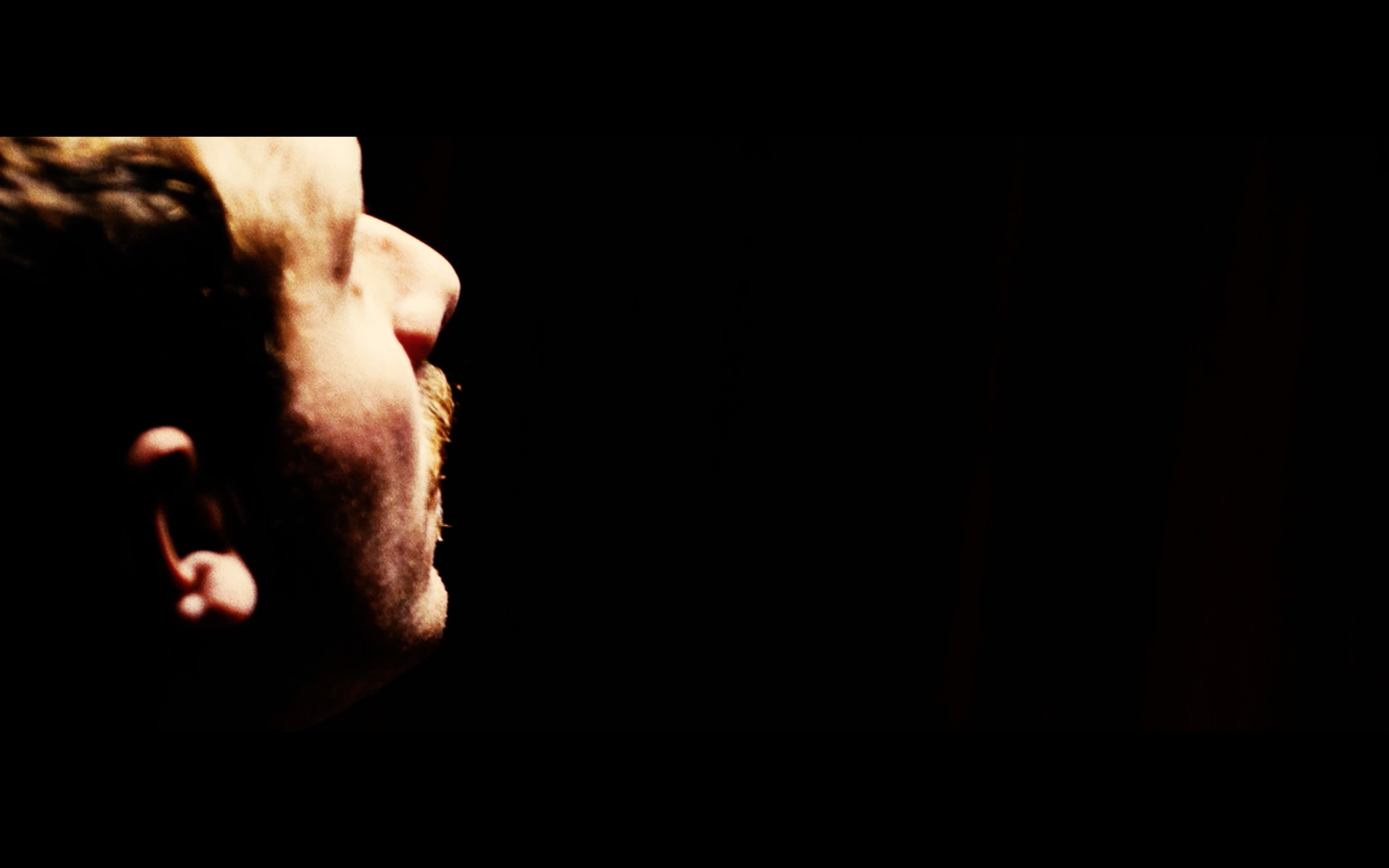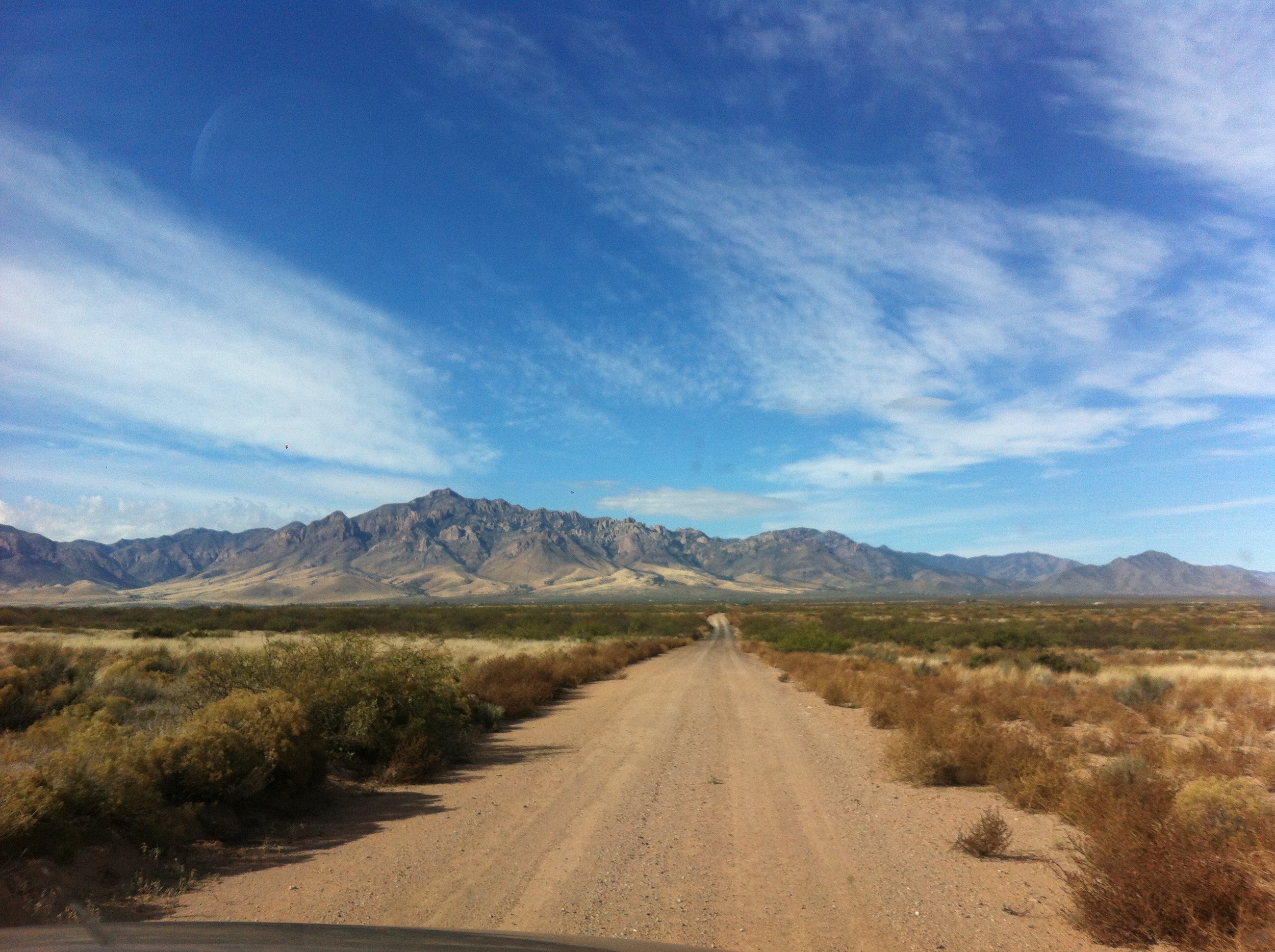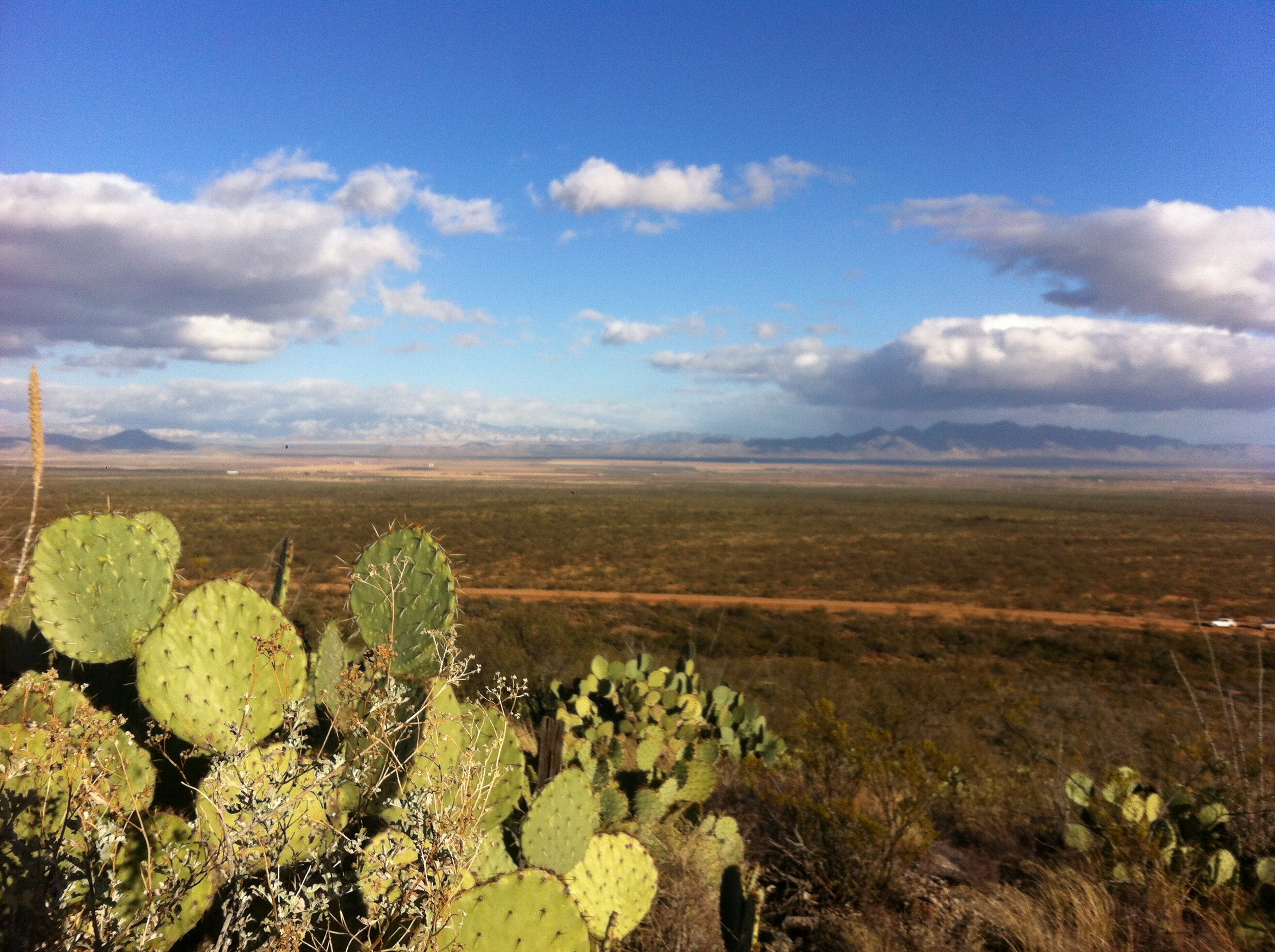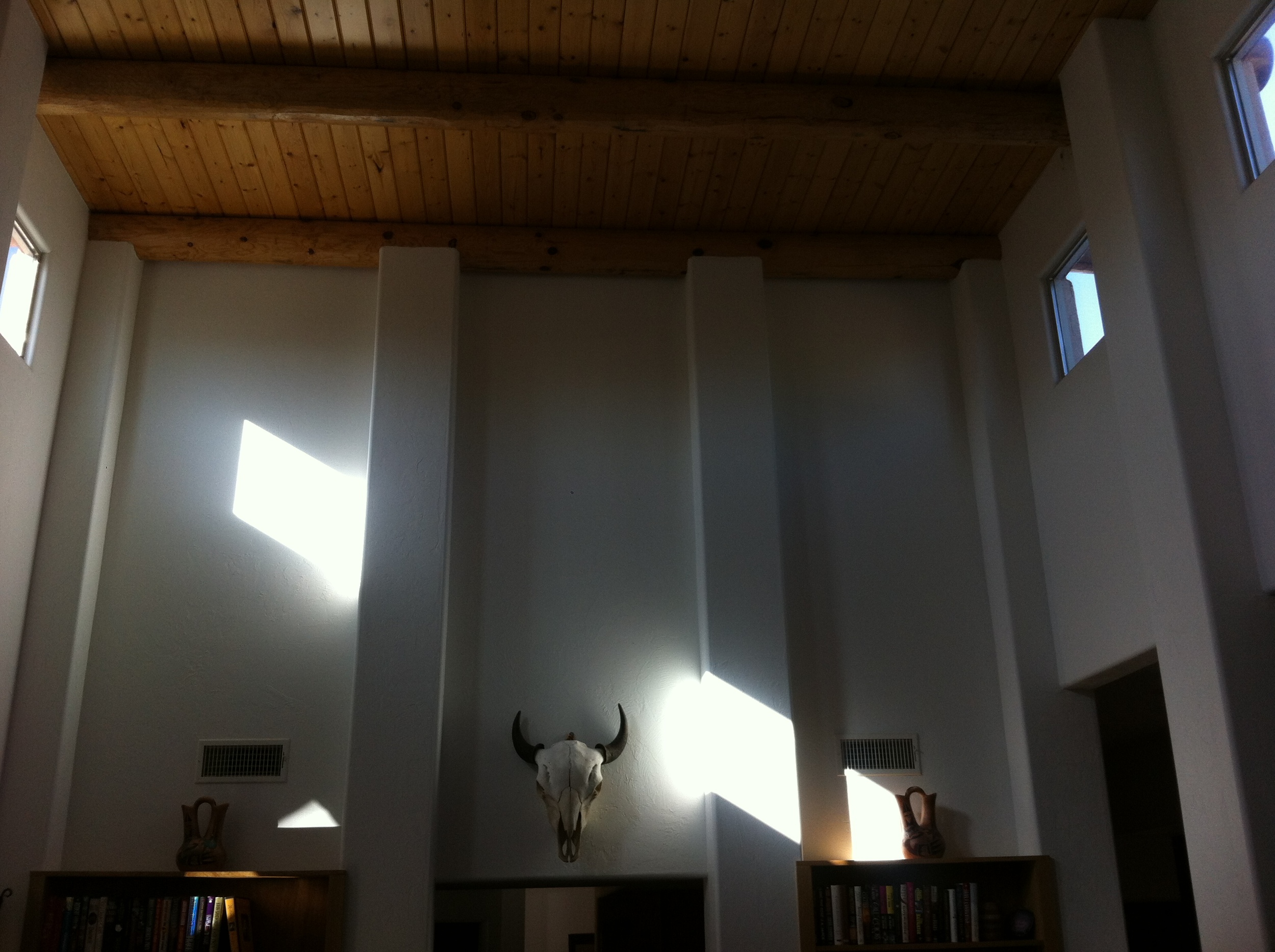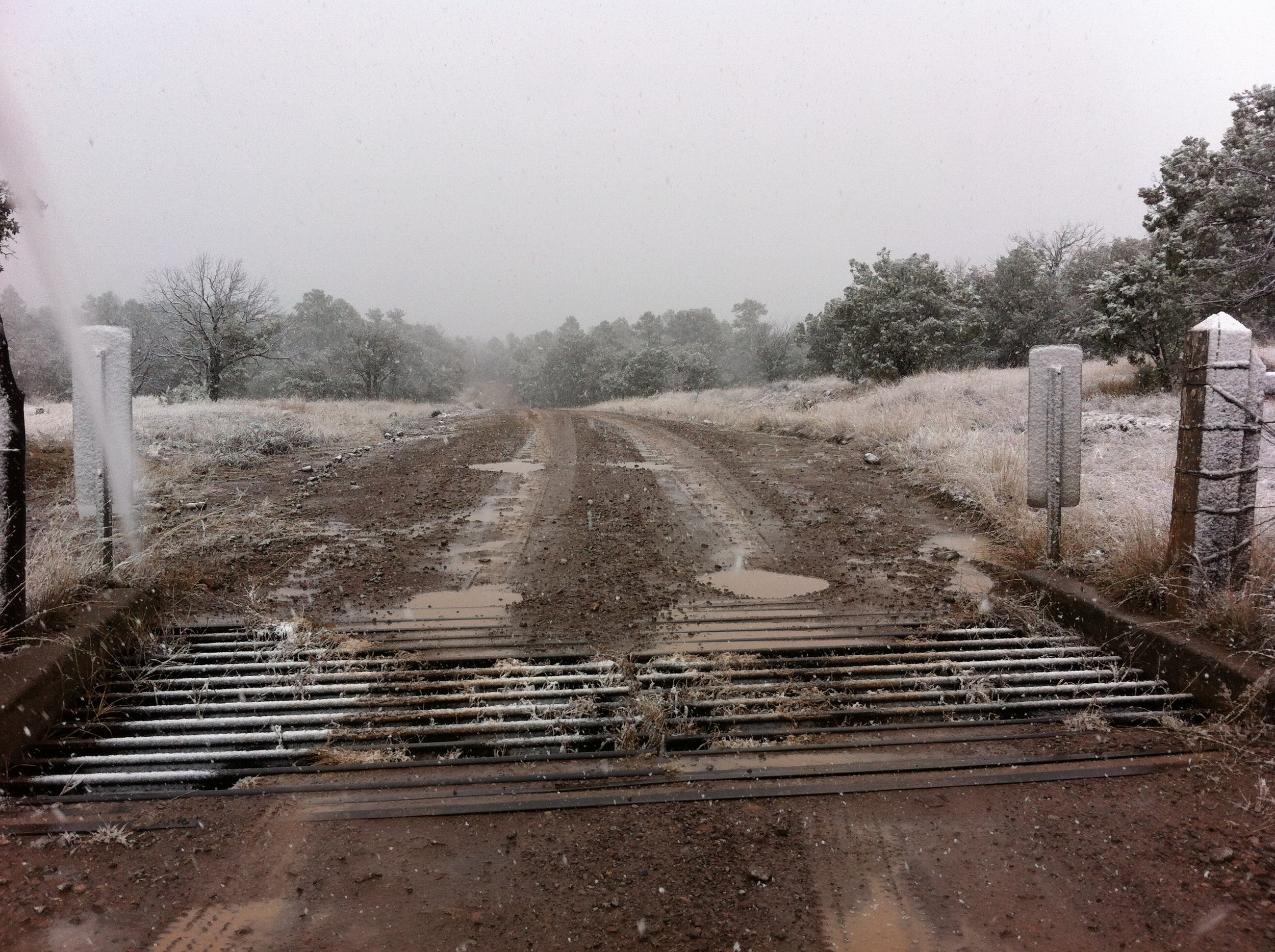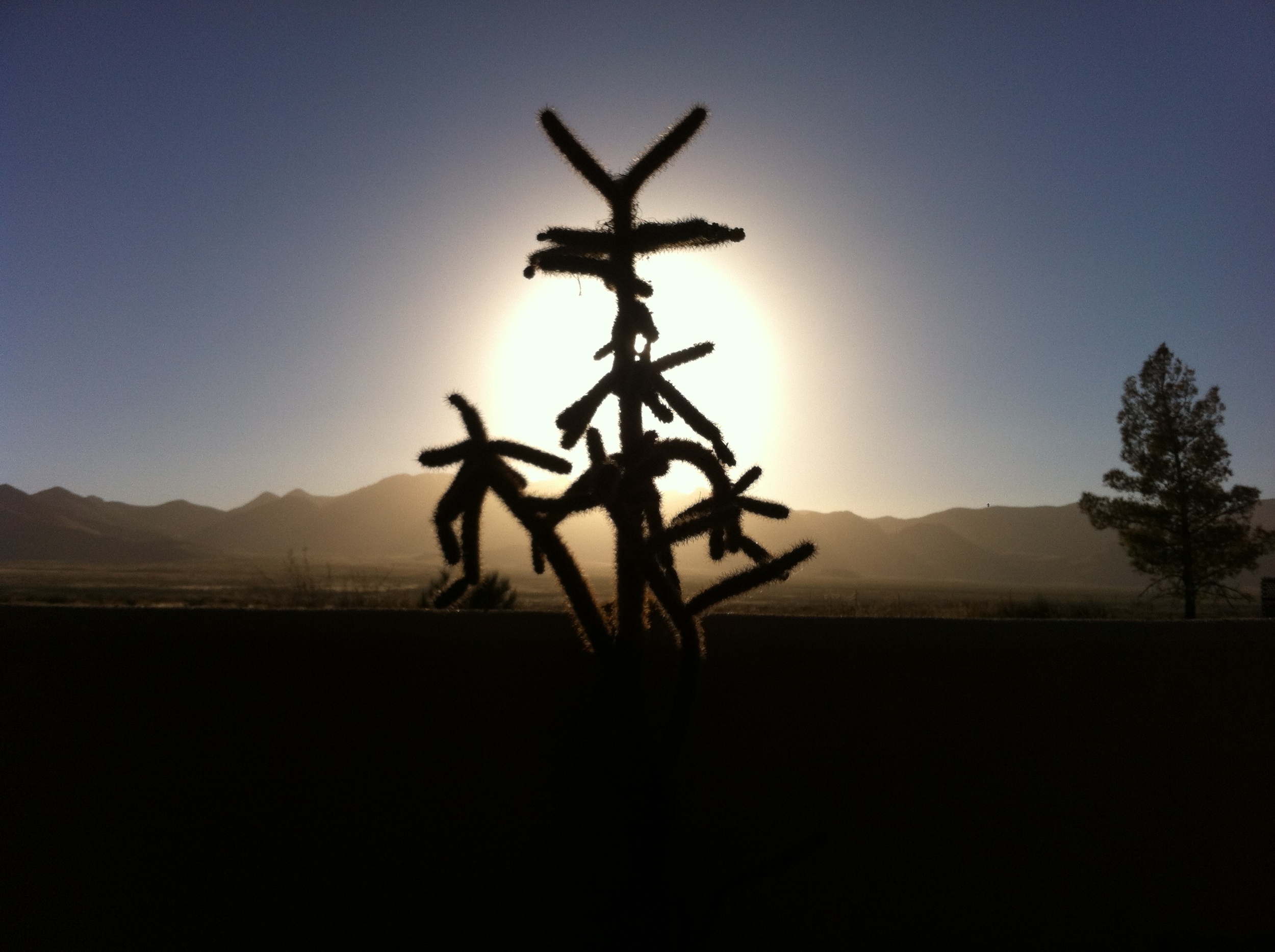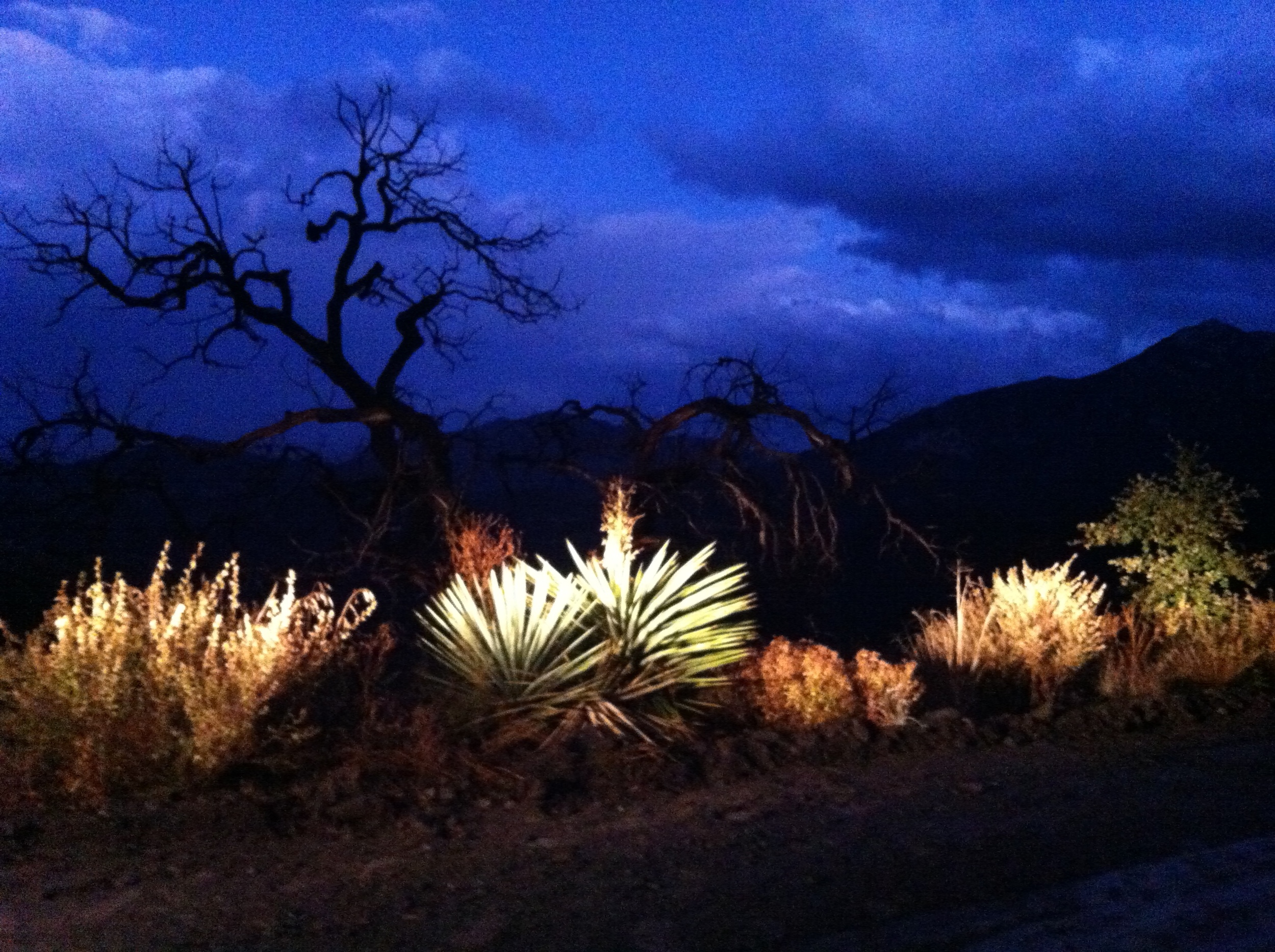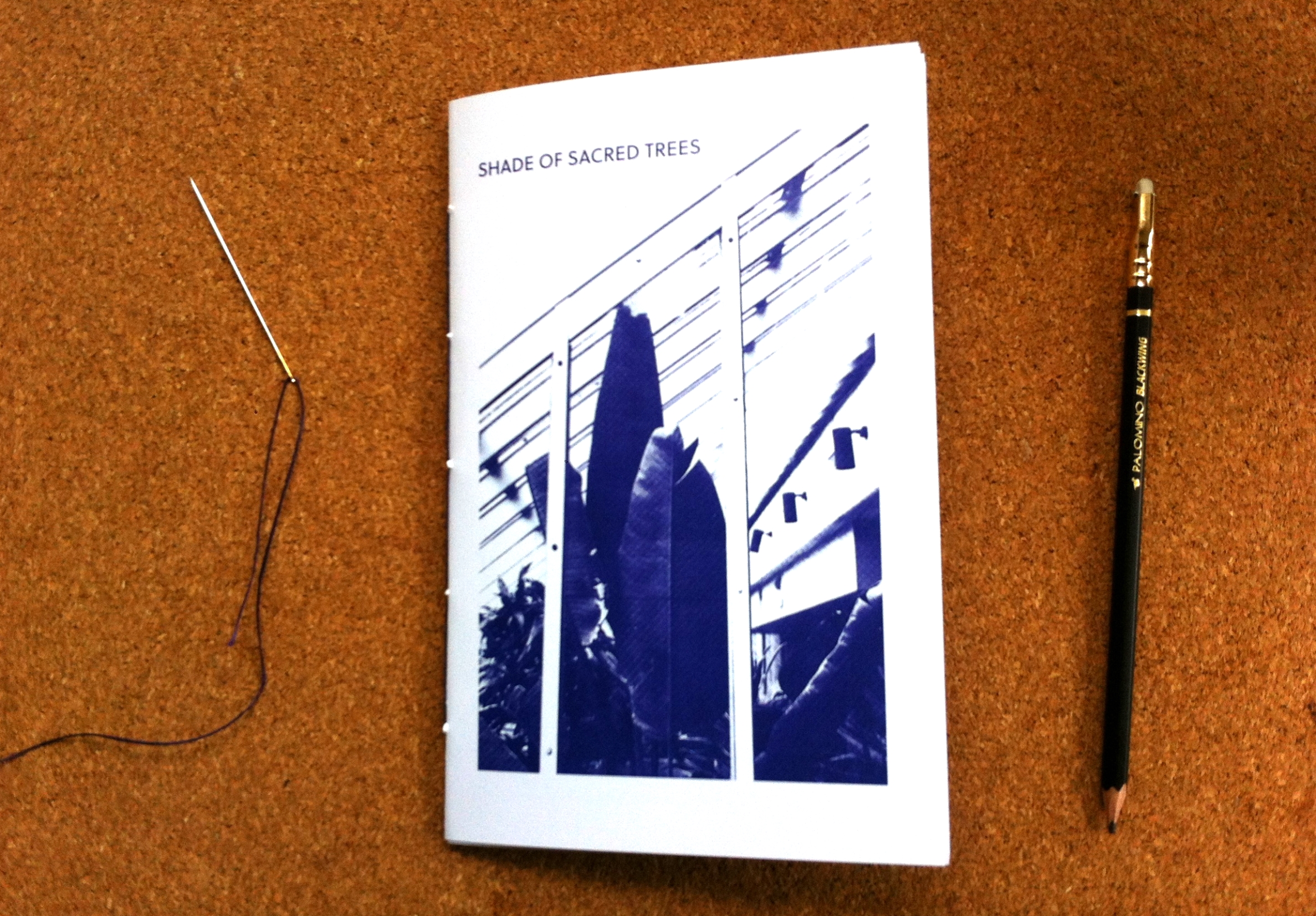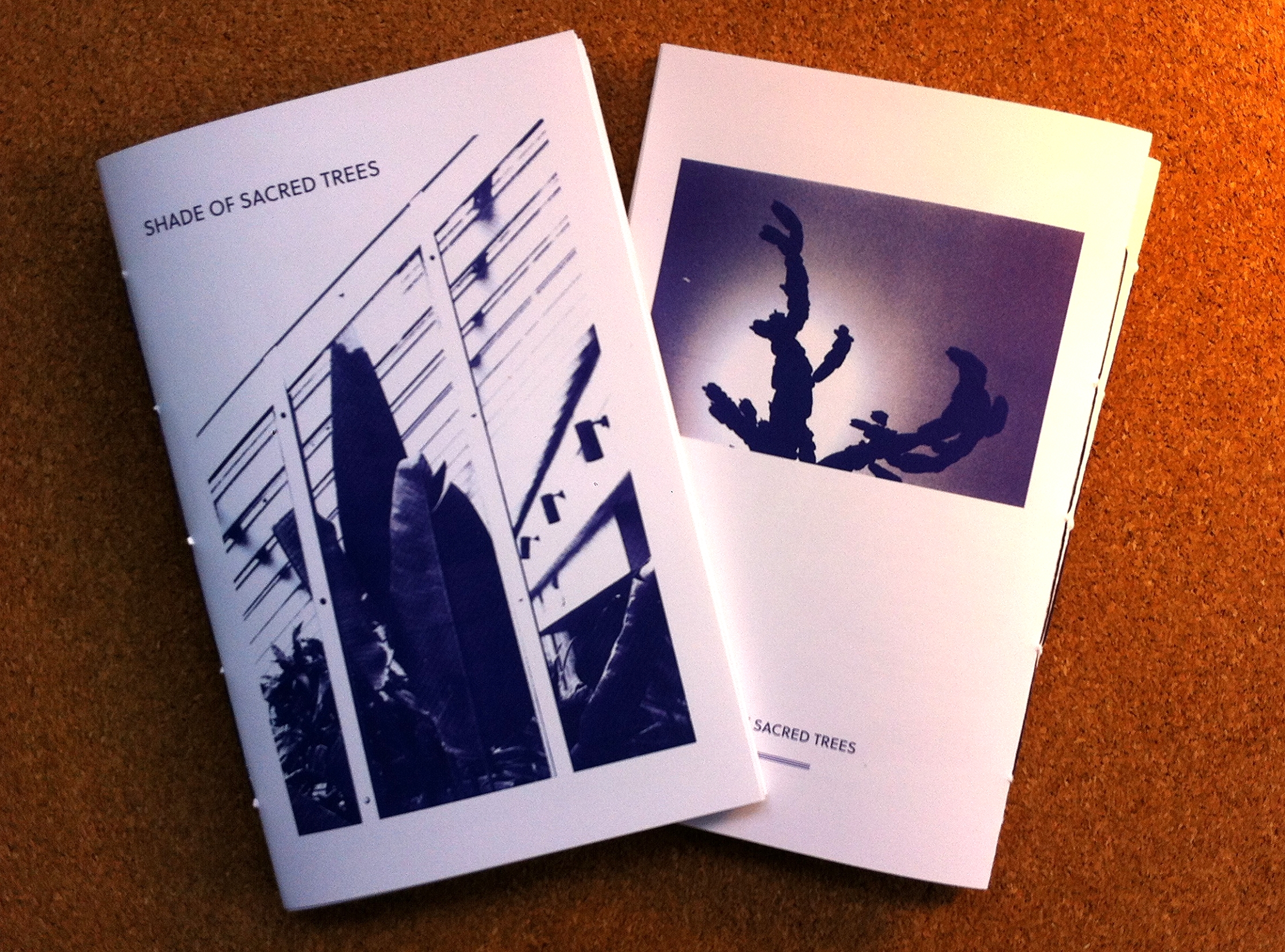Michael Harper—a wonderful editor and poet—interviewed me about poetry, language, filmmaking, and my film «There are no birds in the nests of yesterday».
The interview was published in Gramma Poetry, a beautiful press based in Seattle.
Michael Harper / Gramma : What inspired you to make There are no birds in the nests of yesterday?
Roland Dahwen Wu : Years ago, I was reading a small book about translation and vocabulary, in which the author referenced a language in the Canary Islands where people communicated by whistling: el silbo gomero. It seemed so implausible to me that such a language could still exist in this century, that I began to research el silbo in my very haphazard manner. For several years, while procrastinating on other, more urgent tasks, I would read about el silbo in three languages. Seeing and hearing the language with my own eyes and ears was an illusory objective: I made few attempts to make it a reality. With little resolve or method, I applied for funding, and I was less disappointed by the rejections than by the funders’ disbelief. Finally, at a point in my life that I had little to hope or plan for, after more than three years of protecting this language in my imagination, I traveled to the Canary Islands. I did not expect to encounter the language. I had always preferred literature to film; I had never used a camera before, and I brought one almost as an afterthought. For the first time in my life, I was persuaded that words would be too impoverished for these images, these sounds.
MH : How did you find this group of people/hear of them, and how did you connect with them?
RDW : I took a ferry from Tenerife to La Gomera, where el silbo gomero is spoken. I had no contacts, no plan. People in the town of San Sebastián, where I disembarked, gave contradictory answers when I asked them about silbadores, whistlers. Some said, “Everyone here whistles, ask anyone,” others said, “No one whistles anymore,” and others, “There are some whistlers, but they won’t pay you any mind.” Finally, a woman from the municipal government—to whom I am most grateful—took pity on me and gave me the telephone numbers of the three most respected, master whistlers on the island. The first two that I called were not available—one was hospitalized, one was traveling—. The third, Lino, answered with little kindness, but invited me to visit him the next day in his town on the other side of the island. When I went to his house the following day, he answered the door with the same grunt with which he had answered the phone, barely inviting me inside, and continued watching television with his wife as we all sat in his living room. I had a moment of despair: all of this would come to nothing. I told him how far I had travelled to hear this language, I told him of the years of illusions, I told him of the uncharitable grant committees. Something I said—to this day I do not know what—changed his demeanor. He said to his wife, “Will you watch in the other room, I’m going to talk to this kid,” and he began to speak. He told me that el silbo is like a guitar, you have to play it every day or it will get lost, and I interrupted him—with all the haste of my twenty years—and asked if I could film him speaking. He agreed, talking for over an hour, and he whistled. He is one of the most generous and intelligent men I have ever met.
MH : What do you think el silbo says about the nature of language/communication?
RDW : El silbo evolved out of necessity, like all languages. The island of La Gomera is circular, with very deep ravines radiating from its center, like a bisected orange. The farmers and shepherds in the upper elevations of the island communicate across these ravines by whistling, and the whistles resonate and echo through the valleys. In the film, Lino says something that is very beautiful: that a child is born blind and completely neutral, and can become anything. I am persuaded that in earlier times, languages like el silbo existed in many places, all over the world. There are few that remain. Languages on islands are often unique because they are like plants, they adapt to their surroundings. Although La Gomera is not a large island, each side of the island, each ravine has differences in the way el silbo is whistled. Languages that mutate and evolve within the constraints of an island often become singular, endemic, rarefied.
MH : Why do you think el silbo declined in use over time?
RDW : One of the reasons that el silbo has declined is technological: cars, telephones, cell phones have diminished the need to whistle. Yet even today, there is little or no cell coverage on parts of the island. Another reason is migratory. Economic and environmental hardships have led to migration to larger cities in the Canary Islands, to Spain. Everyone I met on La Gomera has friends, family in the Caribbean, in the Dominican Republic, in Cuba, in Venezuela. There is so much migration between the seven Canary Islands and Venezuela, that on both sides of the Atlantic they call Venezuela the eighth island. El silbo is now taught in schools in La Gomera, yet the necessity for the language is diminished, and so the language is diminished.
MH : Why or how did you choose to include poetry in your documentation of La Gomera?
RDW : I have a tremendous bias in favor of poetry. I am unable to avoid poetry, long after I have given up writing it. I suspect that one of the reasons that I adore foreign cinema so much is that I am compelled to read the subtitles, so that the films become a literary experience. When I make films, I also suffer from perhaps the bad habit of insisting on epigraphs, titles, dedications. I cannot escape text. While editing There are no birds, I had by my side the poem Romance a La Gomera, by a poet from the island, Pedro García Cabrera. The poem was such a part of the editing process that I included some excerpts in the film. The title Ya no hay pájaros en los nidos de ayer (There are no birds in the nests of yesterday) comes from a saying that I read in Don Quixote: "En los nidos de antaño no hay pájaros hogaño" (approximately: "In the nests of yesteryear, there are no birds these days"). In the final scene of the film, Lino whistles the complete title, and that’s how I remember him: at the farm where he grew up, with the echoes of el silbo in the valley, whistling "There are no birds in the nests of yesterday." It was the last time I saw him.
MH : Do you see any similarities between poetry and el silbo?
RDW : El silbo is poetic in the sense that telegrams and text messages can be poetic—for their brevity, for their condensation. The manner with which whistlers communicate is shortened, immediate, and intended to traverse distances. Yet el silbo is a language: one can speak of mathematics, or the weather, or emotions, and so like any language is it the material for poetry, rather than poetry itself. El silbo is incomprehensible and unfamiliar, and so its sound astonishes us. I once commented to a Hungarian speaker how beautiful I thought the Hungarian language sounded. He looked at me with a certain sadness, and said he couldn’t hear it, because he only heard the meaning of the words, not the words themselves. I’m persuaded it is the same with el silbo: it sounds miraculous and beautiful because we do not understand it.
MH : El silbo struck me as almost musical, but not necessarily songlike. Do you see any relationship between el silbo and music or song?
RDW : In There are no birds, Lino says: one’s ear adapts to el silbo like a child with music—they hear music, and then they understand music. El silbo has the inherent musicality of tonal languages. Words are distinguished by the length of whistle and relative pitch. Someone more versed than I in linguistic notation would be able to transcribe el silbo, perhaps in a way similar to Western musical notation. I know nothing of such things. I never wanted to explain el silbo or analyze it—there are others more capable and inclined to such efforts.
MH : Is there any aspect of La Gomera or el silbo that you feel you couldn't quite express via film?
RDW : La Gomera and el silbo gomero are intangible: any representation is, by definition, fragmentary, splintered, incoherent. I distrust films that claim to faithfully represent someone or some place. One can attempt to represent a person or a place with decency, with honesty, knowing that it will be incomplete. There are no birds is a partial archive of my experience on La Gomera—I remember with fondness miel de palma (date palm honey), the black sand beaches, the flamboyan trees, the generous and kind people who picked me up hitchhiking around the island, el potaje de berros (watercress stew), the calima, none of which was possible to include in the film. Each ravine, each elevation of the island has a distinct microclimate—I recall walking from the arid, bright, sun-parched valleys into the laurisilva forest, where the trees, the moss, and the incessant drizzle transformed the air, the light, and—as Juan Rulfo would say—the color of things.
MH : How would you compare what communication looks like in U.S. culture versus the culture of La Gomera?
RDW : I am hesitant to pass judgment on communication in the U.S. or anywhere. I venture to say that as the means of communication have expanded around the world, as the types of communication proliferate, we are as alone as we have always been.

